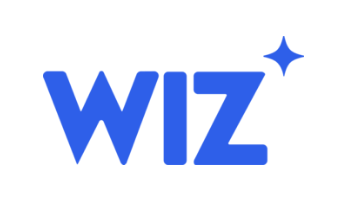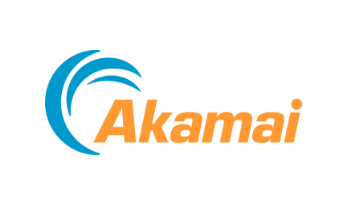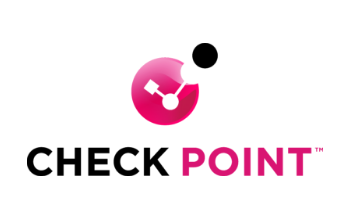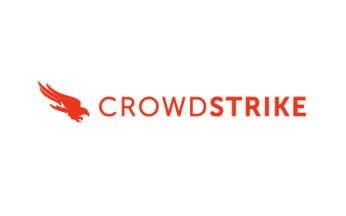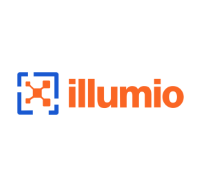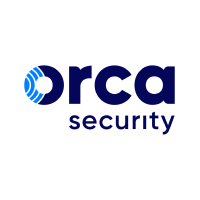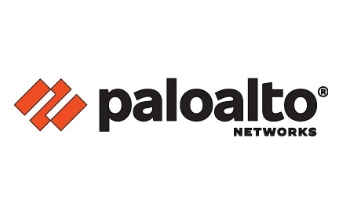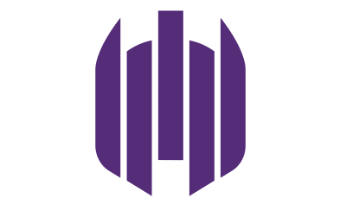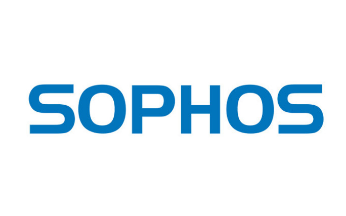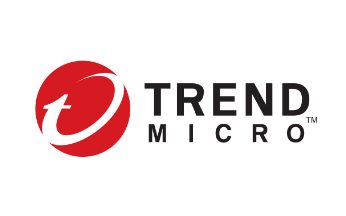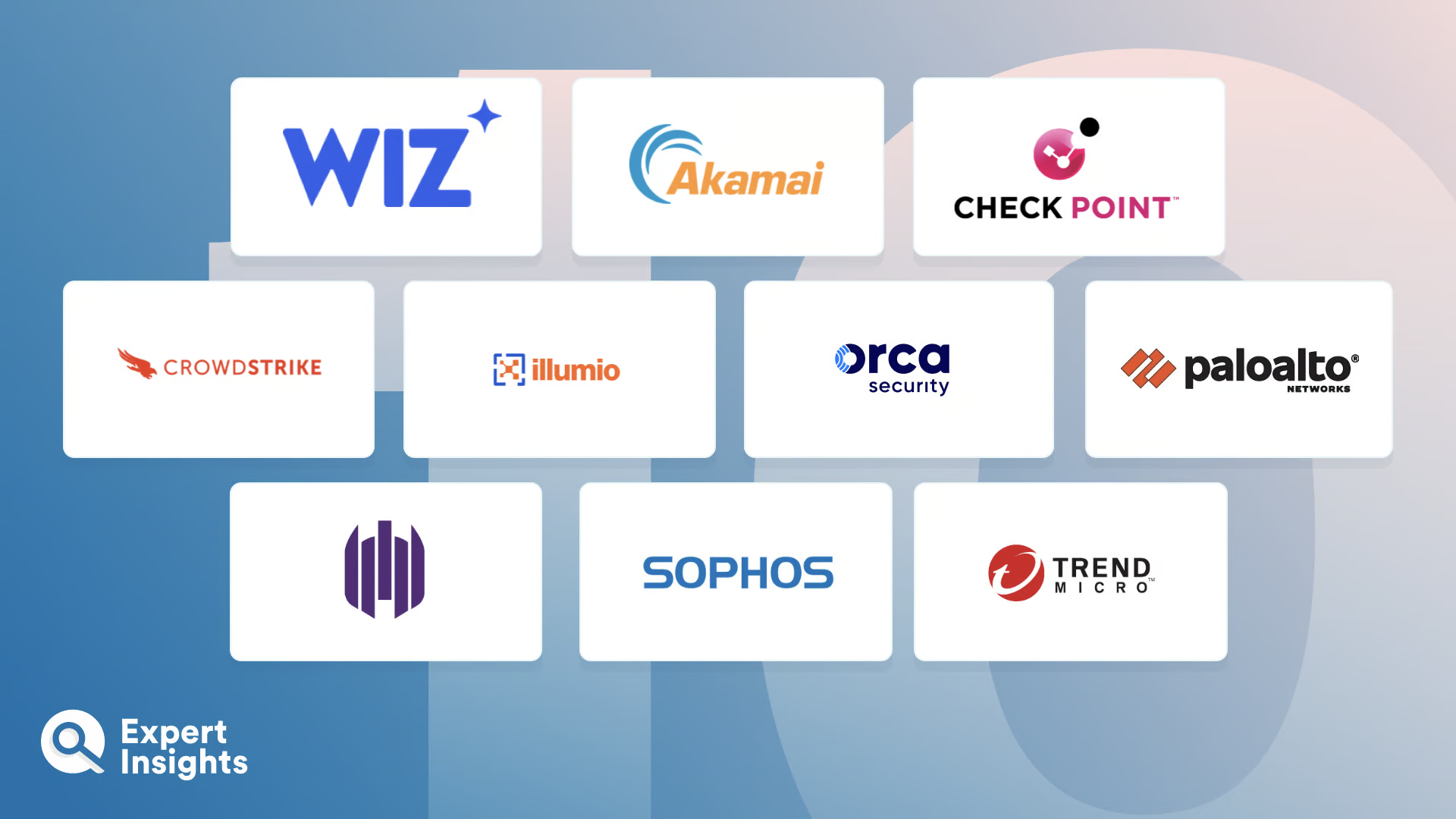Cloud Workload Protection (CWP) platforms protect cloud environments against potential threats, ensure compliance regulations are met, and optimize performance. Cloud Workload Protection solutions can provide many key features for different use cases, including real-time cloud workload monitoring, threat detection, reporting and more.
In today’s digital-first landscape, many organizations are moving critical business operations to the cloud, which can have considerable productivity and time-saving benefits. But there are security risks, which cloud workload protection platforms can help to alleviate. These tools provide holistic protection for cloud environments, ensuring that applications, databases, and more are protected.
Key features of cloud workload protection solutions include holistic protection from cloud workloads, real-time threat detection, reporting and auditing, performance optimizations, and enhanced visibility and control. Cloud environments are constantly shifting and evolving within organizations, so the best solutions will be scalable, configurable, and highly secure for teams of all sizes.
The CWP market is competitive, with a number of strong solutions each boasting its unique set of features and capabilities. To help your organization find the right cloud workload protection solution we have curated a list of the top Cloud Workload Protection platforms. This guide offers a deep dive into their core functionalities, scalability, integration prospects, and overall reliability, drawing from our independent market research.



